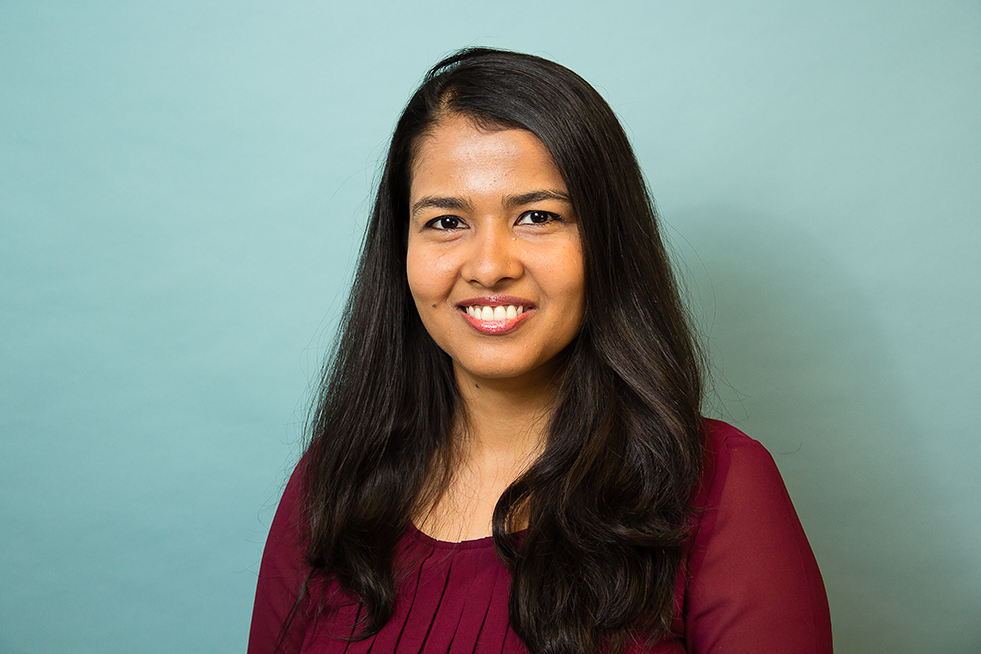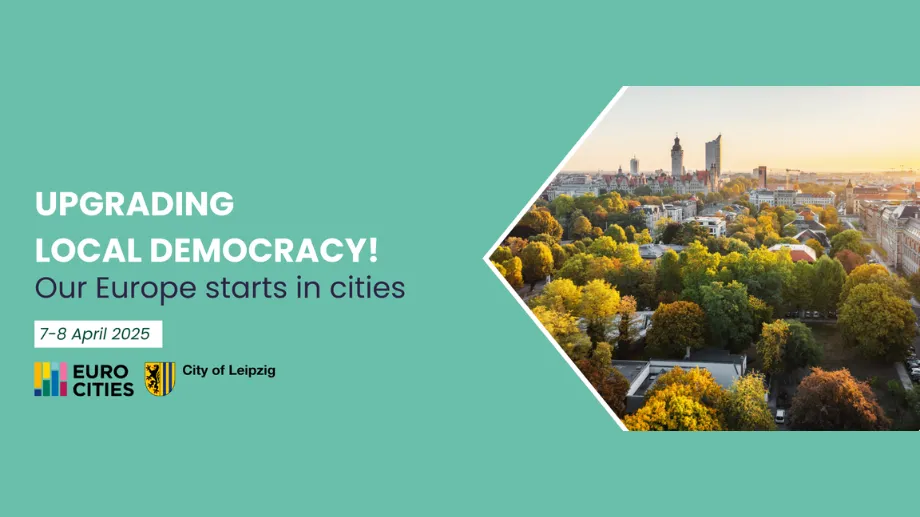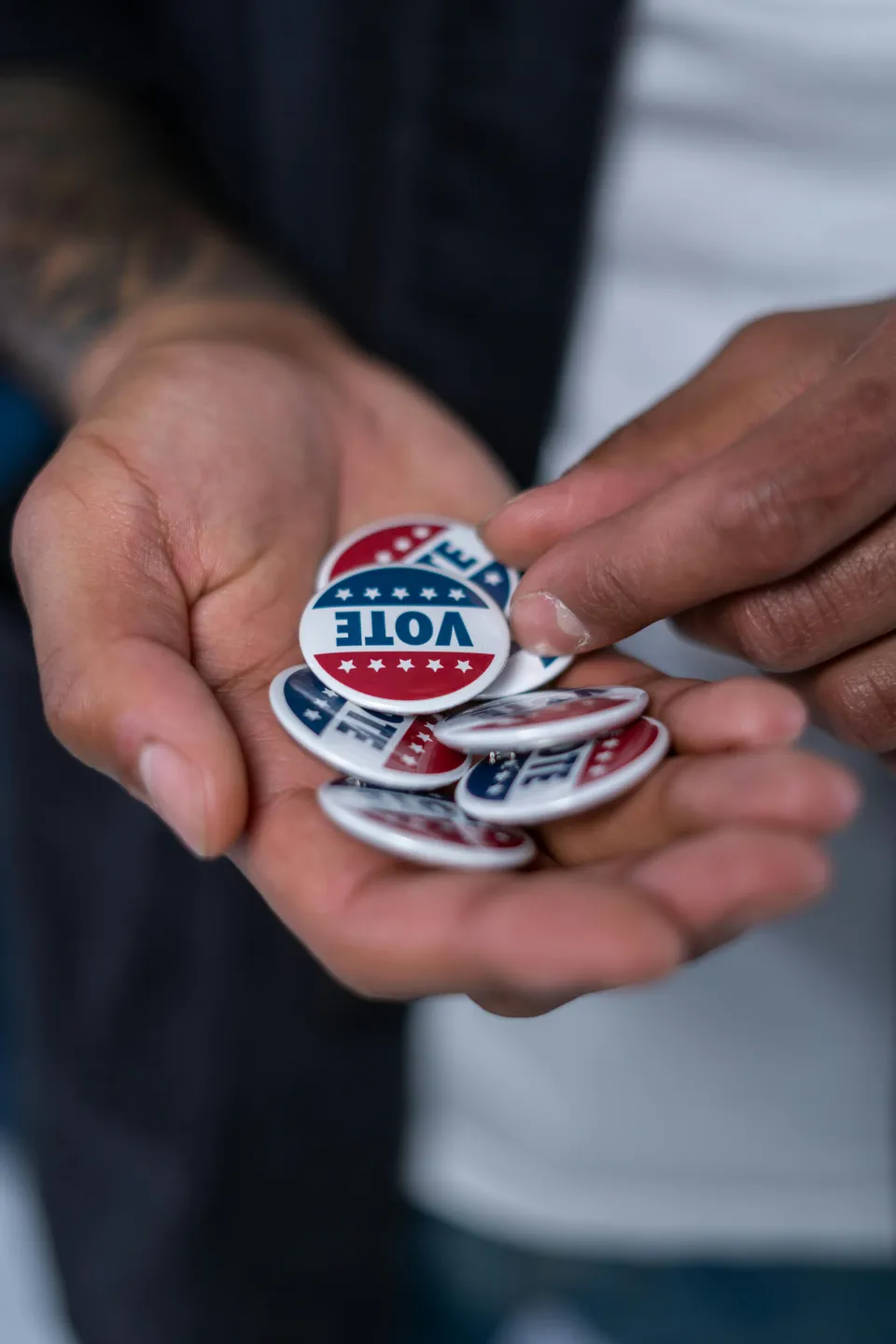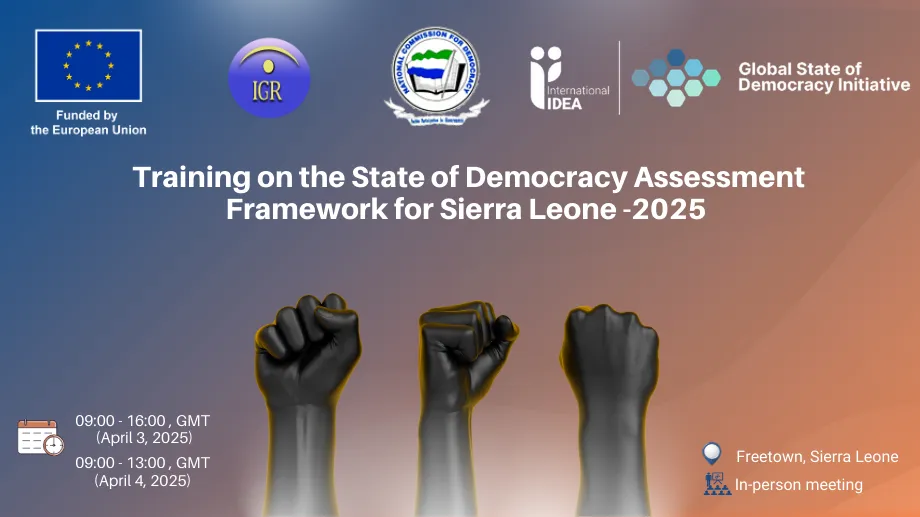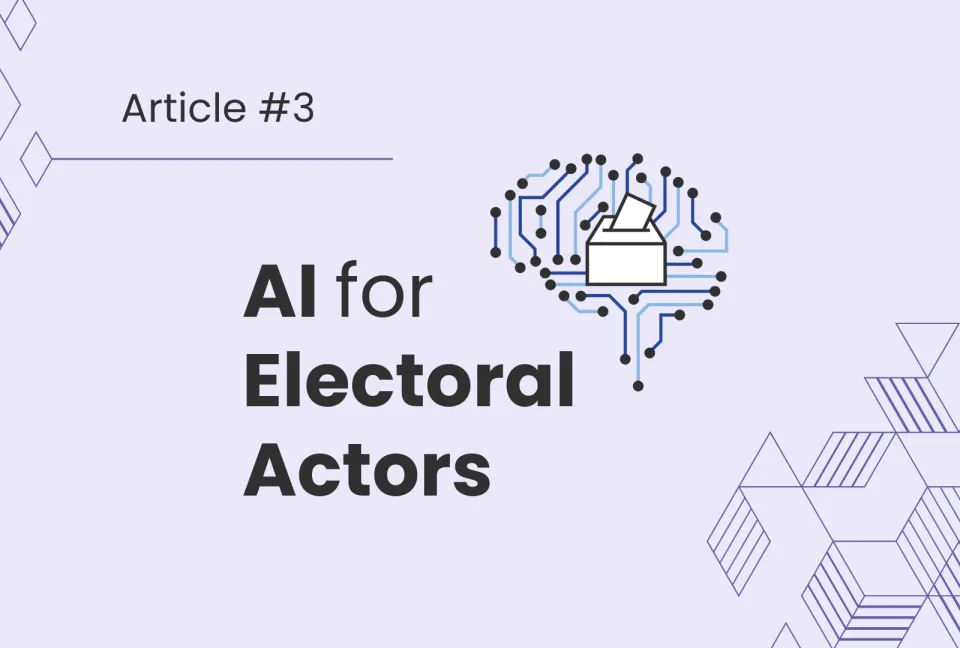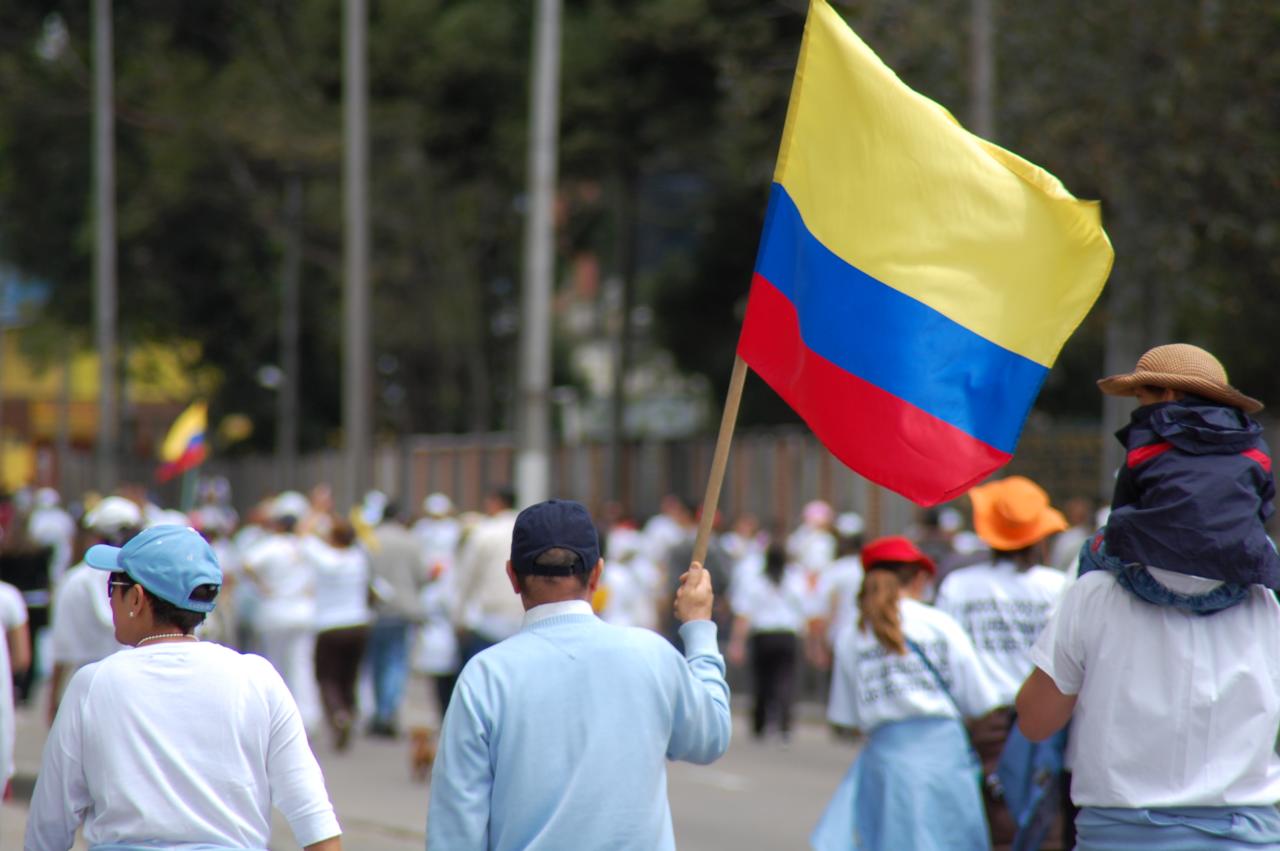
On 17 June 2018, during the run-off election, 53.98 per cent of Colombians chose Ivan Duque to be their next President, a pro-market proponent who is also considered a protégé of Alvaro Uribe. Duque was 12 points ahead of his left-wing opponent Gustavo Petro, the former mayor of Bogotá D.C and a former guerrilla member, who received 41.81 per cent of the votes, still a remarkable number in a country where left-wing parties and candidates usually receive a meagre support. 4.2 per cent or 808.368 of the electorate voted blank, even though Colombia does not have a compulsory voting, a result that according to the survey was because neither Duque nor Petro represented these voters since both of them are “too extreme”. Duque and Petro were not only from the opposite sides of the political spectrum, but also had a conflicting understanding regarding the implementation of the peace process in the country. It is worth mentioning that according to Colombia´s new election law, Petro and his vice-president will have a seat in the Senate and in the House of Representatives, respectively, signifying that a strong opposition is already expected in Duque´s mandate.
Este artículo se encuentra disponible en Castellano.
The Colombian elections happened at the backdrop of the very controversial and divisive peace process in the country. In 2016, the Government of Colombia signed a peace agreement with one of the most important guerrilla forces, the Revolutionary Armed Forces of Colombia (FARC, in Spanish), bringing an end to more than five decades of civil conflict. Although the peace agreement was generally hailed, with the proponent of the agreement former President Juan Manuel Santos was even conferred with a Nobel Peace Prize recognizing his "resolute efforts", many Colombians remain divided in their support towards its implementation. For instance, 50.2 per cent of the population rejected the agreement with FARC in the referendum held in 2016 where they were asked to either endorse or reject the agreement. Disagreements loom mainly in three tenets of the accord: a. the creation of the Special Jurisdiction for Peace (JEP, in Spanish) which will judge crimes committed by former members of the FARC and might concede amnesty on a case-by-case basis; b. the payment of a monthly stipend to the demobilised FARC members; and c. the guarantee of 10 seats to FARC’s political party in the Colombia Congress in the 2018 and 2022 elections.
Interestingly, the recent presidential elections also served as a barometer to measure the support for the peace process as well as foretaste the situation of its implementation. When analysing the map of both the presidential elections and the referendum for the peace accords, the colours portraying the support for Duque and the objection to the peace accords are almost identical, meaning the interior of the country. This explains not only Uribe´s influence in that part of the country, who has remained one of the fiercest critic of the peace agreement, but also gives an indication of the challenge that lie ahead. Although Duque is not openly against the peace accord, he has expressed his disagreement with some of its tenets, meaning, for instance, that former members of FARC condemned by the JEP and with a seat in the Congress will have to back down under his mandate. The controversy, however, is that a revision of the agreement at this point might endanger the peace process in its entirety, especially regarding the tenet of political participation, which is of utmost importance and aims at “replacing bullets for votes”.
Besides the peace agreement, Duque will also inherit a country that is going through a process of economic recovery, with growth expectancy of about 3 per cent in 2018 and 2019, meaning he will have to focus on policies to address this need, something he has shown his commitment towards both in his campaign agenda as well as his victory speech. Colombia has recently joined OECD after five years of major reforms to align its policies to the organization´s standards. However, reduction of labour market informality, gender gaps and technological infrastructure will comprise Duque’s priorities. In addition, another important aspect of his 4-years mandate will be Venezuela’s immigration crisis, a topic that he addressed systematically during his campaign. He focused his discourse on closure of the frontier, leaving UNASUR, and providing temporary work permits to Venezuelans migrants, proposing the use of USD 300 million destined for the peace process with the FARC guerrillas to finance "humanitarian attention" to refugees on the border with Venezuela. In fact, the issue of Venezuela was at the heart of the run-off elections and perhaps the fear of “turning Colombia into Venezuela” (and the ability to play with it) was one of the decisive factors of the presidential elections.
A historical aspect of this presidential election is that it elected the first female vice-president in the country, Marta Lucía Ramirez. The election of Ramirez is an important step towards gender equality in politics in Colombia, which is ranked 131st in 2018 by the Inter-Parliamentary Union (IPU), only next to Jordan and Russia. In the ranking, countries are classified in descending order of percentage of women in the Parliaments in the respective countries. However, positive steps have been made in recent years. For example, women played important role in the peace process, through official sub-commissions, notably the first ever gender sub-commission, through leading role in the Office of the High Commissioner for Peace, as well as 43 per cent of FARC’s delegates during the peace talks were women (albeit the percentage from the government was only of 20 per cent).
An important highlight of the presidential elections in Colombia is a high voter turnout in both the rounds. During the first round, 53.38 per cent of the registered voters cast their votes, highest in the country in the last 20 years; similarly, the voter turnout was 53.04 per cent in the run-off, slightly less than the first round, yet the highest electoral participation in the run-off elections since 1998. Coupled with this, another extraordinary effect of the peace process is that there was a reduction of 100 per cent of threats to the public order in this election, in comparison with the presidential elections of 2014, wherein the Electoral Observation Mission, registered nine cases of terrorism and eleven of threats. 2018 elections were the first one after the peace accords and the unilateral truce of the National Liberation Army (ELN, for Spanish), another armed group in Colombia, which allowed the exercise of the right to vote in peace.
In conclusion, it is worth celebrating the first peaceful election in Colombia in years, although the maintenance of such peace requires both the full implementation of the agreements reached so far and the active participation of both civil society and the government. The upcoming months will be decisive to foretaste not only the focus of governmental policies, but also to evaluate the approach towards peacebuilding in the country.
